Bowers & Wilkins Formation Duo review: mind-blowing stereo speakers for streaming
These tech-packed streaming bookshelf speakers offer incredible performance, though it's a premium price to unlock their full potential

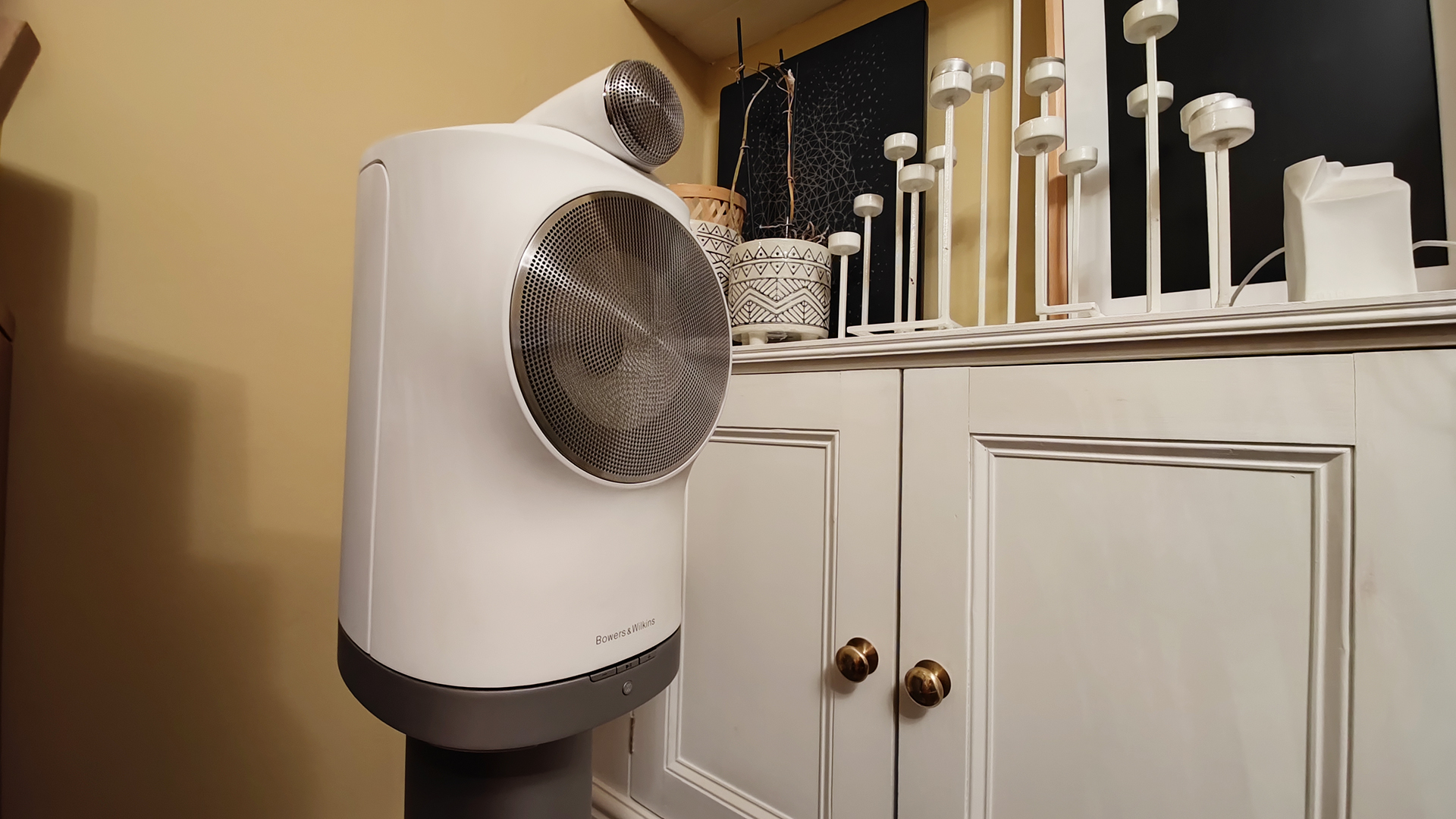
The Bowers and Wilkins Formation Duo speakers offer a stunning stereo listening experience that has to be heard to be believed. They're elite hi-fi sound for the modern age, and if you can afford the price, rest assured that you'll hear every penny you put in.
-
+
Incredibly accurate soundscape
-
+
Mind-blowing bass performance
-
+
Excellent build quality
-
-
Additional purchase for more connectivity
-
-
No HDMI eARC
Why you can trust T3

The Bowers & Wilkins Formation Duo speakers usher in a new era of wireless-first, audiophile-grade sound for the legendary British audio company. Banking on high-end components found in the company’s premium models, combined with a proprietary wireless system for convenience (that promises to match wired performance), there’s a lot riding on their audio quality.
After spending a few weeks with them taking pride of place in our living room, it was torturous packing them up and sending them back off to review unit land. That’s because they’re easily one of the best speaker systems our ears have ever had the pleasure of reviewing, making them one of the best bookshelf speakers around, as well an excellent option if you're looking for the best wireless speakers in general.
Their audio performance is second to none, their design is eye-catching, and everything from vinyl to Tidal streaming is an absolute delight for the auditory senses. You’ll need to part with some extra cash for more connectivity options, mind, which is something that’s definitely worth pondering.
With the scene set, then, it’s time to find out what makes the Formation Duo so special, and if it’s worth the asking price.
B&W Formation Duo review: Price & release date
Launched in 2019, the Formation Duo will set you back a substantial £3,499/$3,999/AU$6,400 for the speakers alone. If you want to use them for anything other than Wi-Fi, AirPlay 2 or Bluetooth streaming, you’ll have to fork out an extra £549/$699/AU$1,149 for the Formation Audio – a wireless hub that lets you connect things like turntables via RCA inputs or TVS via optical inputs, before streaming loss-free audio to the Formation Duo speakers themselves. In other words, if you want to unlock the full potential of this setup, you need the Formation Audio too.
In comparison, competition like the Kef LS50 Wireless II can be yours for around a third less than the Formation Duo speakers alone, with no need for an additional purchase for extra inputs. Kef’s offering also has numerous input connections built in, including HDMI eARC for a more streamlined TV experience. They can’t quite match the Formation Duo for pure sound though, and you may want to consider an additional sub – something the bassy Duos can comfortably do without.
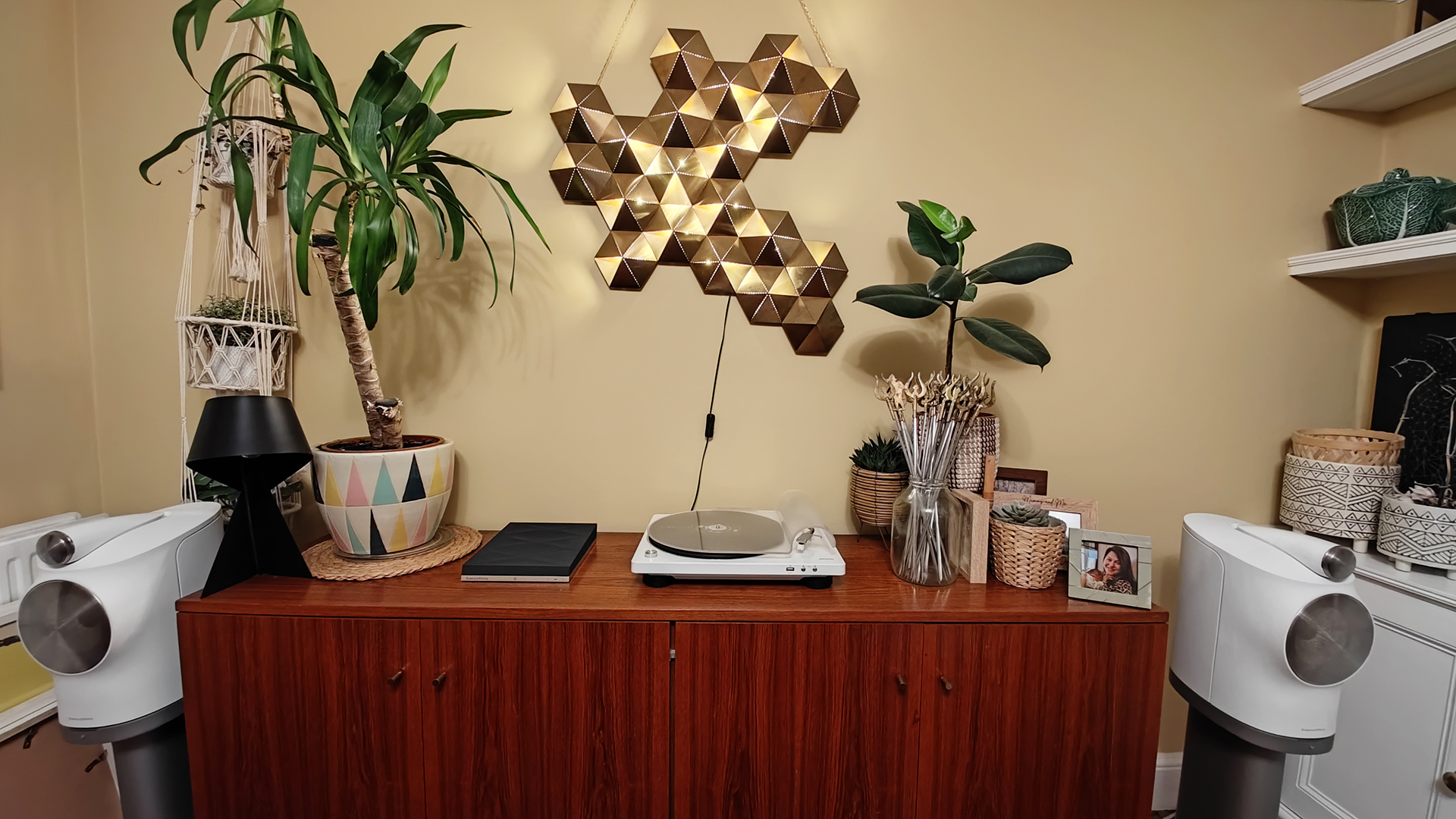
B&W Formation Duo review: Features & what's new
As with the rest of the Formation series (including products like the Formation Wedge), the Duos operate using a mesh network system. Each product in the Formation network chooses the optimal path to route audio data between two products, ensuring a high-fidelity, lossless experience.
The upshot of this is that despite the fact that each Duo speaker is plugged into a power socket independently of each other with no cable connecting them, their connection to each other is incredibly robust. At no point in our review did we notice any drops, lag, or interference, and the experience is impressively as reliable as one using a wired connection.
Out of the box and without the optional Formation Audio, the rest of the features are pretty minimal. The Formation Duo supports Bluetooth aptX HD sources, streaming directly via the likes of high-res services like Qobuz and Tidal, in addition to casting via AirPlay 2 and, well, that’s pretty much it.
With neither speaker having even a single audio input, their base functionality is purely wireless. If you pick up the Formation Audio though, you’ll have more options at your disposal, namely optical in, and RCA connections. We were supplied one with our review unit, so that we could try out TV performance via the optical input, as well as turntable performance via RCA.
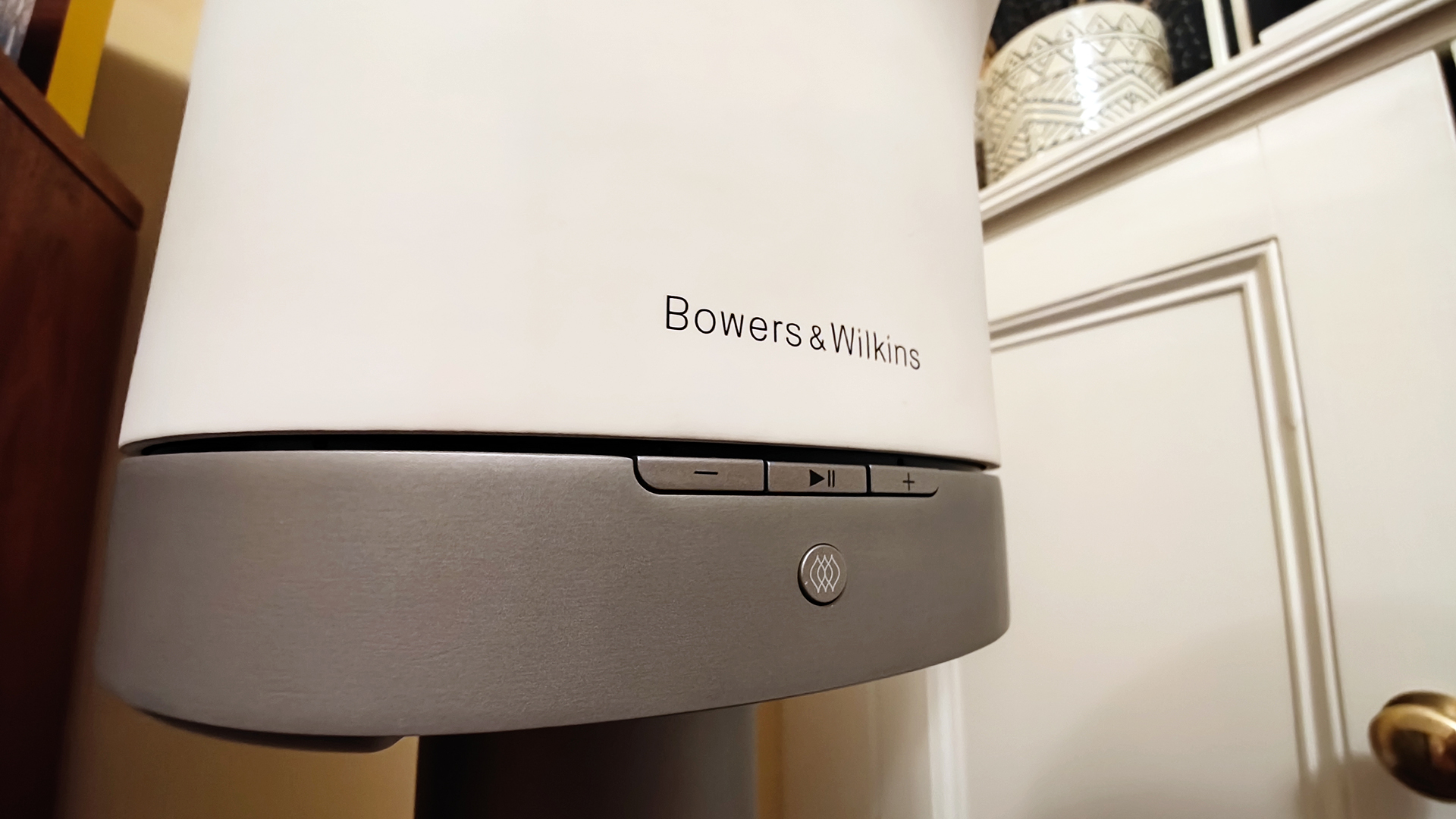
B&W Formation Duo review: Performance
Before we get to the sound, let’s have a quick look at what we’re dealing with. The Formation Duo offers a pair of 125 watt amplifiers, paired with a 25Hz-33kHz frequency response and a maximum 24/96 sample rate. Each speaker features Bowers & Wilkins’ patented Carbon Dome, tweeter-on-top technology, along with the same Continuum cone driver found on its iconic 800 Series Diamond speakers (the speakers of choice used at the legendary Abbey Road studios, famed for their accurate audio fidelity). The intention behind these cleverly engineered design choices is to reduce interference between different components to help ensure you’re hearing the clearest, truest sound possible.
That’s a lot of buzzwords to throw at you, so we’ll cut to the chase — the Formation Duo speakers sound utterly stunning. They sound so good, in fact, that it’s quite difficult trying to convey it in words, but of course, we’ll try.
Accurate, precise, and crystal clear, are just some of the words that spring to mind. Even over aptX HD Bluetooth and hi-res Tidal streaming their stereo imaging and wide soundscape is immaculate, transporting you to everything from vast auditoriums to intimate stages, depending on what you’re listening to. And considering they’re wireless, that mesh network does its job superbly, with tight, accurate timing across both pairs. You’d never know there are no cables involved.
This is all, by the way, not even taking into account the bass performance which is, simply put, mind blowing. The low end permeates the room without overpowering anything else, and the bass performance is as good as tower speakers that dwarf the Duos’ comparatively smaller size. Fire up some EDM or Hip-Hop, crank up the volume, and you’ll feel each pounding hit of the bass drum with chest-thumping resonance. While you also have the option to hook up an external sub via the Formation Audio, we don’t think you’ll need it — the bass performance here is just that good.
Connect a turntable up to the Formation Audio, and you’ll be treated to the beautiful warm performance you’d come to expect from the medium. We particularly enjoyed firing up some old Jazz LPs on our Denon DP-450USB turntable, with saxophone notes and rocksteady double bass strings flowing out of the Duo speakers and around the room like delicious, warm honey. Again, you’d never know that the turntable wasn’t connected to the Duo speakers directly via cable, and the Audio does a superb job with unfaltering performance.
Lastly, the Formation Duo transforms the basic sound you’d find in any TV, creating an immersive, bass-thumping, wide soundscape that our soundbar simply can’t touch, with crystal clear dialogue to boot, thanks to those top-resting tweeters.
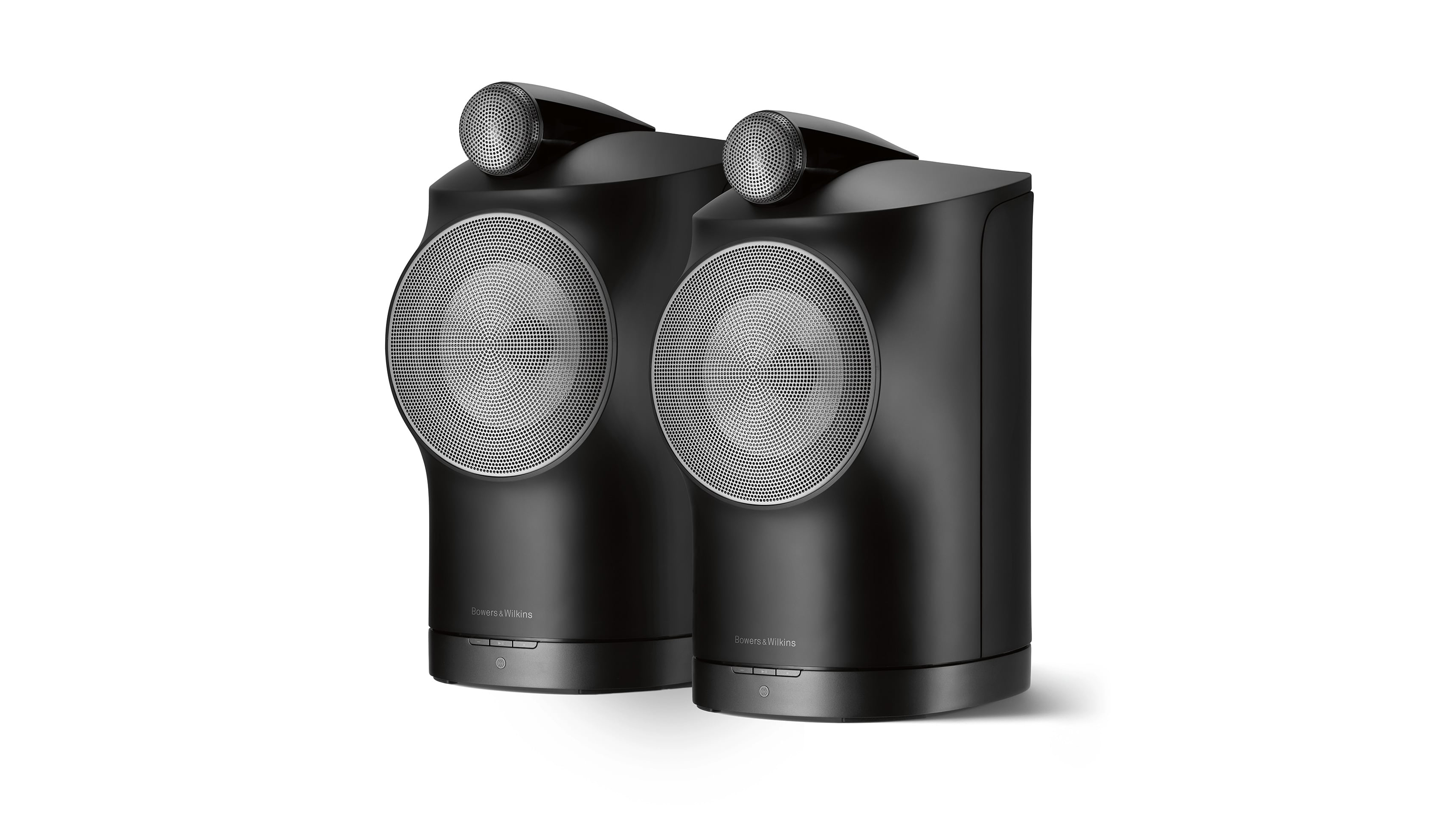
B&W Formation Duo review: Design & usability
It’s fair to say that the Formation Duo is one of the more unique-looking speaker systems around. Thanks to Bowers & Wilkins’ trademark tweeter-on-top design and beautifully perforated front metal grilles, they’re just as much a piece of sculptural art as they are functional speakers. And as with all art, taste is subjective. We rather like their unique design, but there are plenty who saw them in our living room that commented on their unusual style. If you’d prefer a pair of speakers to blend in, then you’ll probably prefer more traditionally-styled speakers, but we’re very much taken by their eye-catching look.
It’s worth noting that our review units also came with Bowers & Wilkins’ Formation Duo speaker stands, which further added to their premium look, though at £699.99 for a pair, it’s another substantial expense.
Looks aside, they’re incredibly easy to set up and use, thanks to the dedicated Formation Set-up app, which provides clear instructions and allows the speakers and Formation Audio-connected devices like turntables and TVs to pair quickly and easily. One annoyance though, is the fact that you need a separate Music app to actually stream music via Tidal and the like, as well as control things like the volume.
Update: These two apps have now been unified into one, so the journey from setup to playing music is smoother and easier.
Another letdown is the fact that our Samsung TV wouldn’t let us control the volume with its remote, despite trying out different configurations. The inclusion of an HDMI eARC connection, at least in the Formation Audio, would have been a welcome addition. In fact, considering the price you’re paying here, we find the lack of an included remote rather astonishing, especially as the app occasionally doesn’t show us the volume controls, forcing us to get up and manually use the controls on the speakers at times. While we’re all for streamlining our tech, a premium remote control, even if it’s just for the volume and swapping inputs, should be included at this price.
B&W Formation Duo review: Verdict
At their base price of £3,499, the Formation Duo has a lot to live up to, and it more than delivers. One of the best sounding speaker setups we’ve ever heard, it offers a stunning audiophile-grade listening experience for a new generation who’d rather not faff around with separate amps and cabling.
Having said that, having to fork out a substantial £599.99 for extra connectivity options in the Formation Audio, will definitely put some people off. One could argue though, that in opting for this route, streaming purists who only plan to use the Duo setup wirelessly won’t be paying for any features they won’t use. Still, if you throw the stands into the mix, you’re looking at a total setup cost of £4,700.
The extra grand you’d save on the Kef LS50 Wireless II (which has input options built-in at no extra cost), starts looking mighty tempting when you tally everything up. As far as exceptional sound, rock-solid wireless connectivity, and insanely good sub-less bass performance goes however, the Formation Duo is in an exceptional class of its own, making it the ultimate money-no-object pick for wireless streaming fans.
B&W Formation Duo review: Also consider
In terms of stereo speakers with wireless smarts, the KEF LS50 Wireless II are a much more affordable option from another big hi-fi name, and with a more minimalist look than the beefy formation Duo. They sound excellent, even if the Formation Duo is another step up – but for the price, there's nothing here to really argue with.
And for an even more affordable option – but again, from a much-loved hi-fi brand – look to the Q Acoustics M20 HD. They're a fraction of the price of the Formation Duo, so the sound obviously isn't on the same level - but, again, excellent for their own price. Here's our full Q Acoustics M20 HD review.
Sign up to the T3 newsletter for smarter living straight to your inbox
Get all the latest news, reviews, deals and buying guides on gorgeous tech, home and active products from the T3 experts
Esat Dedezade is a freelance writer with a penchant for all things tech, lifestyle and gaming, having worked for numerous online and print tech publications for over 10 years. Previously the editor of Microsoft News Centre Europe and deputy features editor at Stuff, he writes for GQ, Wired, Metro, Stuff, TechRadar, Trusted Reviews, Decrypt, and more, with countless trade shows under his belt to boot. Special skills of note include the power to instantly summon the perfect gif for any given situation, a vast and frightening familiarity with the strangest and most obscure corners of Reddit, and the ability to befriend any cat that happens to cross his path.
-
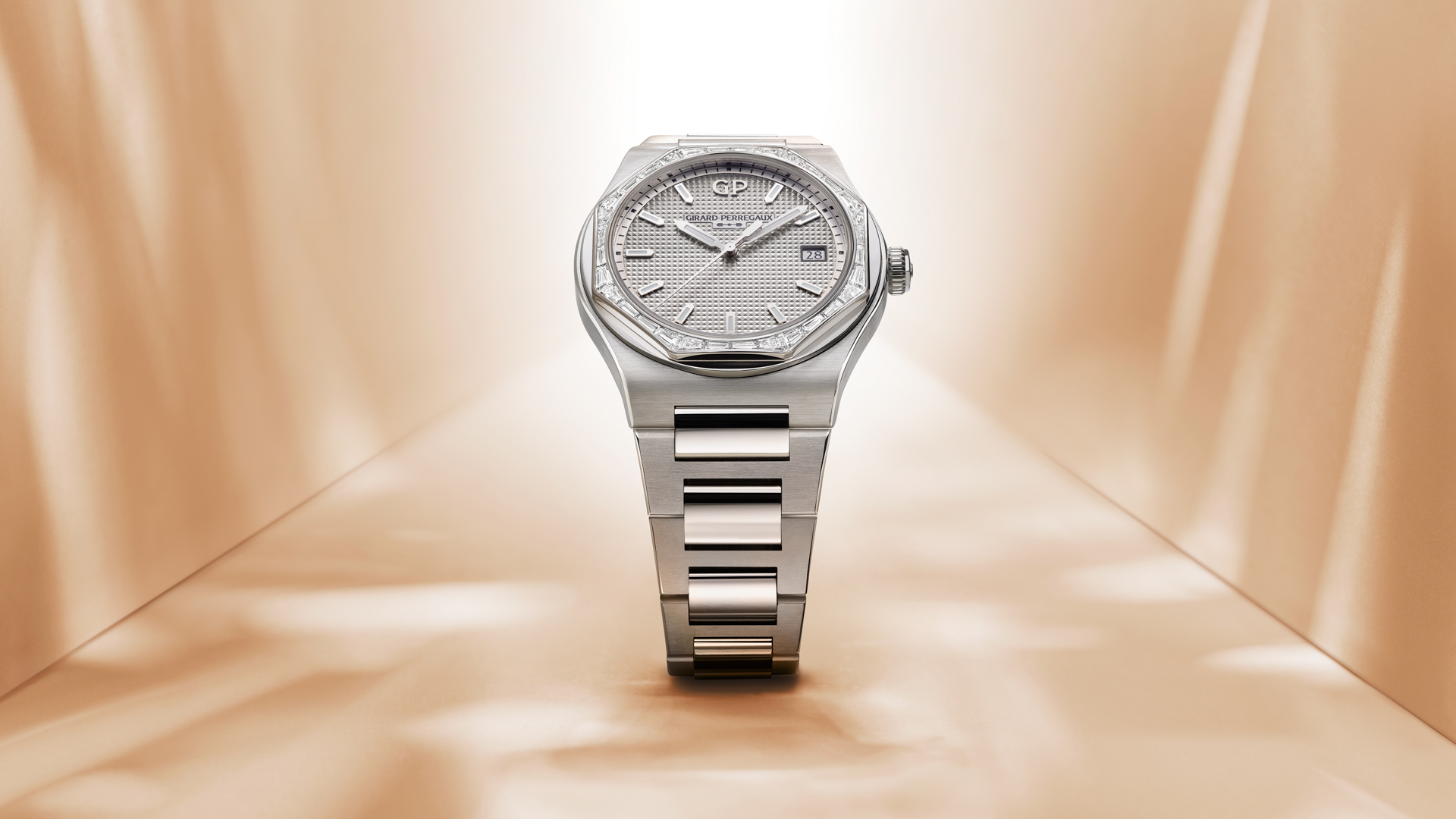 Girard-Perregaux Laureato 38 mm gets a blue diamond upgrade
Girard-Perregaux Laureato 38 mm gets a blue diamond upgradeWe’re totally besotted by these diamond-bezelled beauties from Girard-Perregaux
By Alistair Charlton Published
-
 Gossamer Gear's Grit 28 is a masterclass in ultralight backpack design
Gossamer Gear's Grit 28 is a masterclass in ultralight backpack designTrail runners and fastpackers, take note
By Matt Kollat Published
-
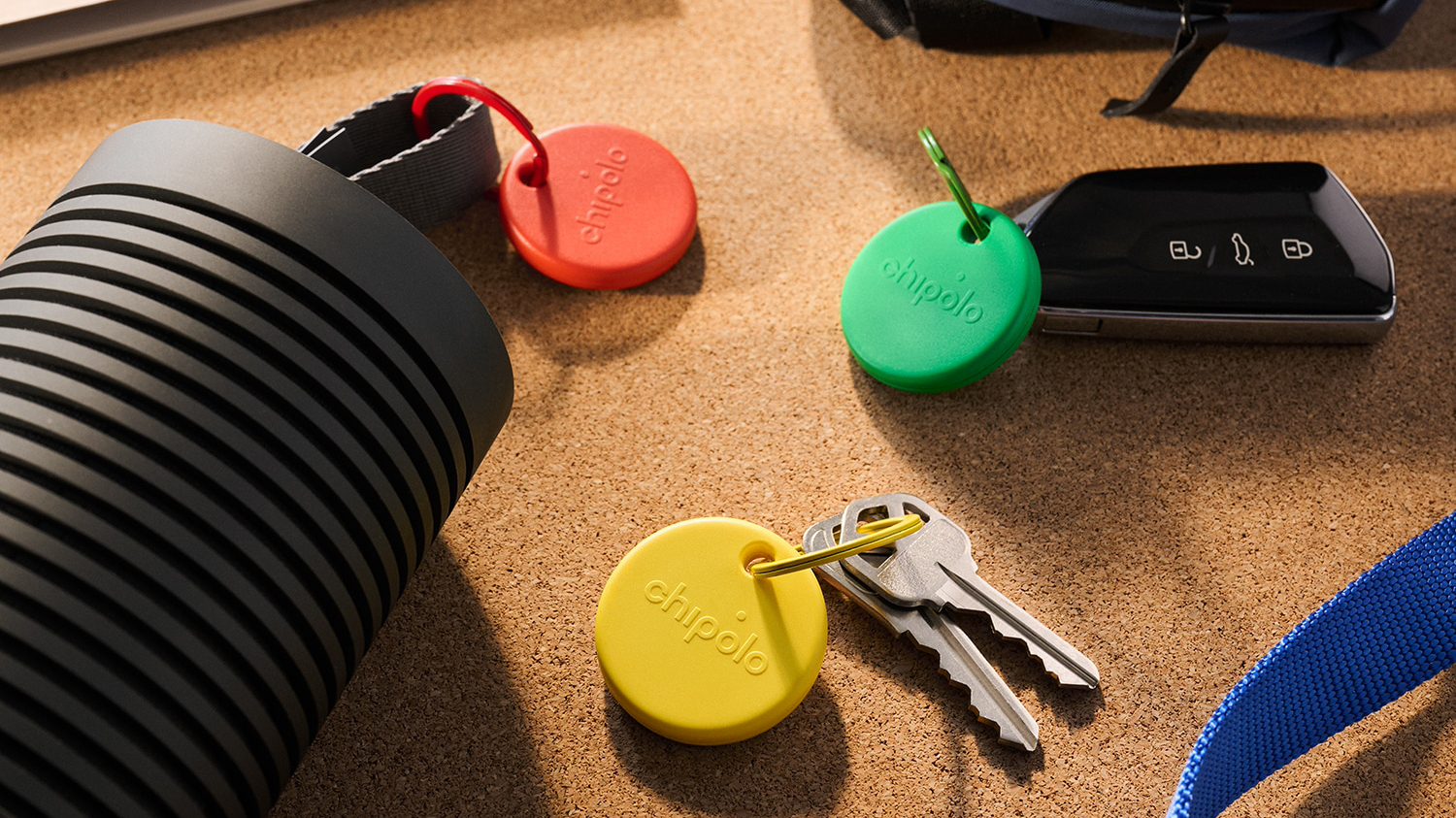 Forget AirTag, Chipolo's new Bluetooth tracker adds a dash of colour
Forget AirTag, Chipolo's new Bluetooth tracker adds a dash of colourChipolo's Pop tracker works with both Apple's Find My and Google's Find My Device – so you can track whichever platform you're using
By Mike Lowe Published